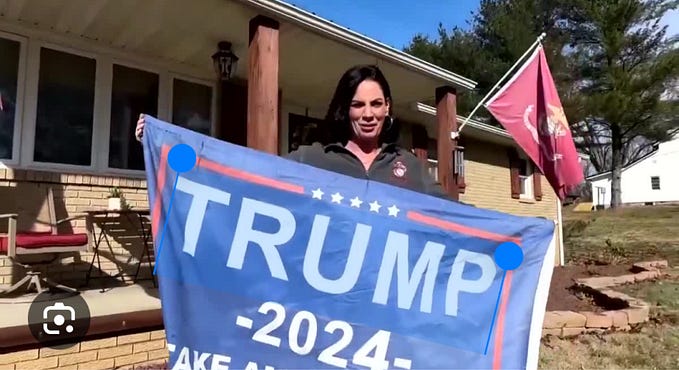Member-only story
How to Overcome the Foster Care System as a Black Boy
Black boys deserve love, not expectations of failure

 As a foster youth, I entered conversations about family history with a sense of dread. When a classmate would share a family tree that stretched back generations, I’d be terrified, fearing that I’d be asked to do the same. Many kids in foster care share similar feelings because we often lack a sense of belonging and connectedness within specific communities.
As a foster youth, I entered conversations about family history with a sense of dread. When a classmate would share a family tree that stretched back generations, I’d be terrified, fearing that I’d be asked to do the same. Many kids in foster care share similar feelings because we often lack a sense of belonging and connectedness within specific communities.
As an adult, I now realize that I’ve always attributed my educational obstacles to the fact that I was a foster youth — without understanding the role that being a Black boy affected my foster experience.
To understand my past, I had to confront it with deep self-reflection — a practice I’ve come to believe is critical for foster kids to move beyond a survival mindset. I had to learn to trust, confront childhood trauma, and redefine the role that family would play in my life — while also attempting to get an education and maintain a level of financial stability that would allow me to continue to live in the Bay Area.
Foster youth need support in order to feel valued and connected; unfortunately, our experience tends to do the exact opposite. To avoid having to explain the complexities of our lives in school settings, we put up a facade that we come from a “normal” home. We quickly learn that being a foster child is something to be ashamed of, and we go to great lengths to conceal it from our peers.
For context, I spent about 17 years in the foster care system. Every household I lived in had a Black single-parent matriarchal structure, and I spent the last 12 of those 17 years in the same home. Even while I was in the system, I had a keen desire to do more than survive once I got out — but had no clear pathway or guidance to do so. Since the majority of my efforts focused on forging a path that didn’t exist, it limited the amount of time I had to create a sense of identity.
During a recent trip to the Legacy Museum in Montgomery, Alabama, I started to realize how this lack of exploration has affected my life. For the first time in years, I felt that same dread of being expected to know about past generations of my family. Even more than fear, I felt a sense of shame…










